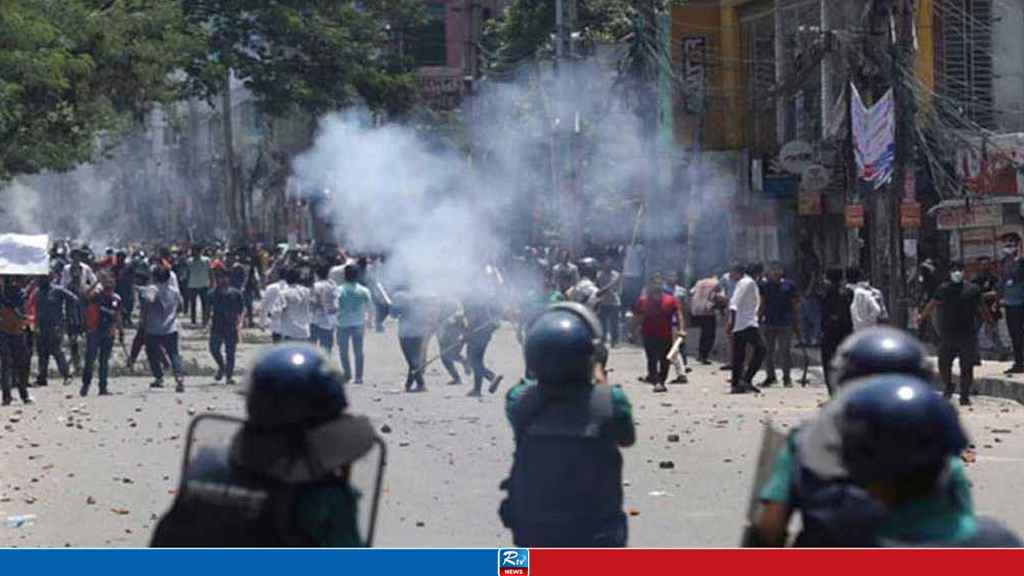National
Police Fired Bullets Like Rain During July Uprising: UNICEF
Thursday, 13 February 2025 , 06:47 PM

Rana Flowers, the UNICEF Representative in Bangladesh, has described the tragic events during the July-August student and public protests as "heartbreaking," referring to a report by the United Nations Office of the High Commissioner for Human Rights.
The report estimates that between July 1 and August 15 of last year, 1,400 people were killed, including over a hundred children. UNICEF has reported on many of these deaths and is continuing to work to clarify how many children were killed or injured. "We extend our condolences to all," stated the UNICEF representative.
In a statement released on Wednesday, February 12, she addressed the UN fact-finding mission's report on human rights violations during the uprising. The report documented gender-based violence, physical assault, and threats of rape aimed at preventing women from participating in the protests. Children were not spared from the violence. Many were killed, injured, arbitrarily detained, tortured, or held in inhumane conditions. In one particularly horrific case in Dhanmondi, a 12-year-old protester died from internal bleeding caused by 200 metal bullets. Another tragic incident occurred in Narayanganj, where a six-year-old girl was shot and killed while watching the clashes from her rooftop.
On August 5, one of the deadliest days of the protests, a 12-year-old boy from Azampur witnessed at least a dozen bodies. He described the police gunfire as "raining down" on the protesters. These events have deeply disturbed everyone, and UNICEF urges Bangladesh to ensure that such tragedies never happen again for the country's children.
In light of this tragedy, UNICEF stresses the urgent need for policymakers, political leaders, and officials in Bangladesh to focus on three key areas to help children, youth, and families move forward with hope and health:
Accountability and reconciliation for the children who lost their lives and for their grieving families.
Advocacy for justice and support for those still detained or affected by the events, ensuring their reintegration.
A consensus among political parties, leaders, and policymakers on the necessity of police and judicial reforms to ensure that no child in Bangladesh is ever again subjected to arbitrary detention, torture, or violence.
UNICEF calls on Bangladesh to conduct independent investigations into all instances of violence, abuse, and unlawful detention of children. Judicial reforms must align Bangladesh’s legal framework with international child protection standards. Stronger protective measures, including independent monitoring systems, must be established to prevent future violations.
